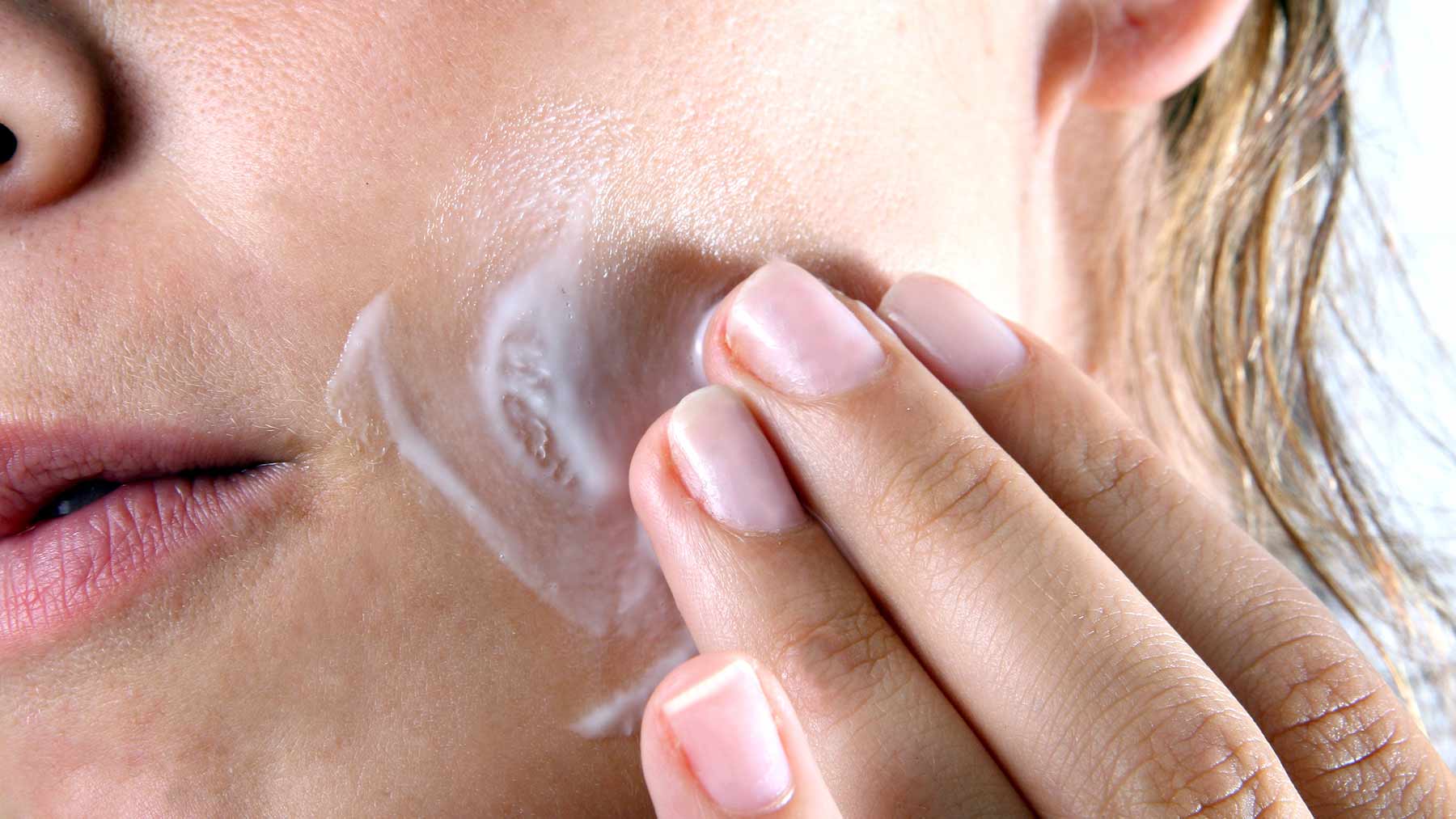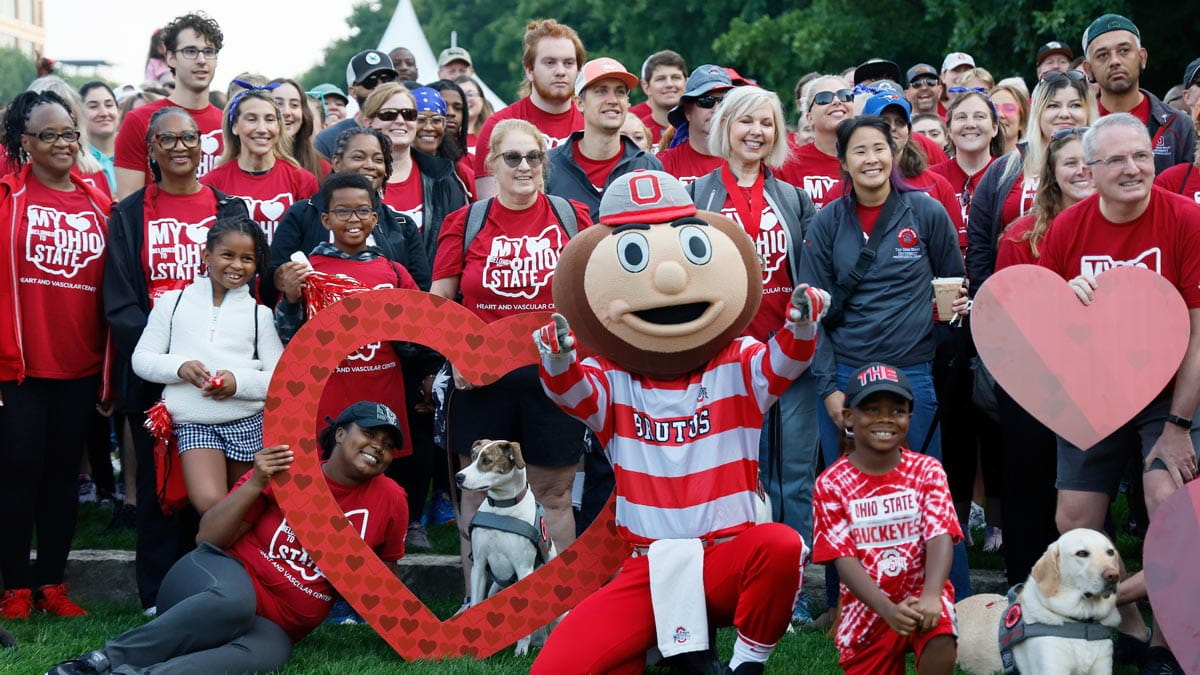Use the right sunscreen and other tips to prevent summer acne

If you are prone to acne breakouts when the weather is hot, summertime can be anything but fun in the sun. Excessive heat, sweat and sun can make the problem worse and lead to more breakouts if you don’t give your skin the extra care it needs.
Why do people experience acne or have more breakouts in the summer?
If you have a history of acne, you might be more likely to have breakouts in the summertime.
The biggest factors that can aggravate acne in the summer are heat and sun-induced sweating and increased oil production. Acne can also be caused by the use of sunscreen and makeup.
There are also two conditions that can arise in hot or sweaty environments that can mimic acne or make it worse.
- Pityrosporum folliculitis can look like acne but is really itchy. This condition, which manifests as small, non-inflamed bumps, is caused by an overgrowth of yeast in the hair follicles.
- Rosacea is another condition that can flare up with heat and ultraviolet (UV) exposure causing redness and flushing.
If you’re unsure if it’s acne or one of these conditions, make an appointment with a dermatologist.
Can sunscreen clog pores and cause acne?
Because many sunscreens are designed to be water-resistant and stay in place, the ingredients in the sunscreen you use for your body may cause acne if you apply it to your face. Dr. Plotner’s tip: use a facial sunscreen.
When choosing a sunscreen, it’s a good idea to pick one specifically formulated for your face because it’s lighter and less likely to clog pores. There are even some designed for acne-prone skin and less likely to cause breakouts.
Will the sun help clear up acne?
The sun tans the skin and can temporarily make acne less noticeable but in the long run, it can make things worse. It can also aggravate acne-like conditions like rosacea and most importantly, it can prematurely age the skin and cause skin cancer. “Sun exposure is not a reasonable treatment for acne, ever.”
Is chlorine in swimming pools bad for skin?
Chlorine might sting or irritate your skin but it generally won’t make acne worse.
How do you prevent acne if you sweat a lot in the summer during exercise or outdoor activities?
As soon as you can after your physical activity, you should take a shower and clean acne-prone skin. Another good practice is to keep hair out and off of your face when exercising because hair care products and hair oils can cause acne especially around the hairline. You want to avoid external chemicals or anything that might come into contact with your skin and cause irritation or friction.
How to treat acne
To treat acne, Dr. Plotner recommends starting with over-the-counter products that contain benzoyl peroxide or salicylic acid. “Benzoyl peroxide is generally more effective, but can be irritating so many people use a salicylic acid treatment first because it’s milder on the skin.”
There are also retinoid-containing products that can be used. Most, except one called Differin gel, require a doctor’s prescription.
Because some acne treatments can increase your risk of sunburn, wear a sunscreen every day.
Lastly, we asked Dr. Plotner about exfoliating and moisturizing skin during the summer.
“Gentle exfoliation is okay such as that with a cleansing brush or exfoliating cleanser but you have to be really careful because aggressive exfoliation can make things worse.” Overall, she says, exfoliating is not necessary.
Dr. Plotner also suggests using a light facial moisturizer in the summer that is oil-free and non-comedogenic. Many may also contain sun protection.
When to call a dermatologist if your acne is not clearing up
If you are treating acne at home and your skin is not showing improvement after 8 – 10 weeks, or if you have deep cysts, nodules or scarring, you should schedule an appointment with a dermatologist.




